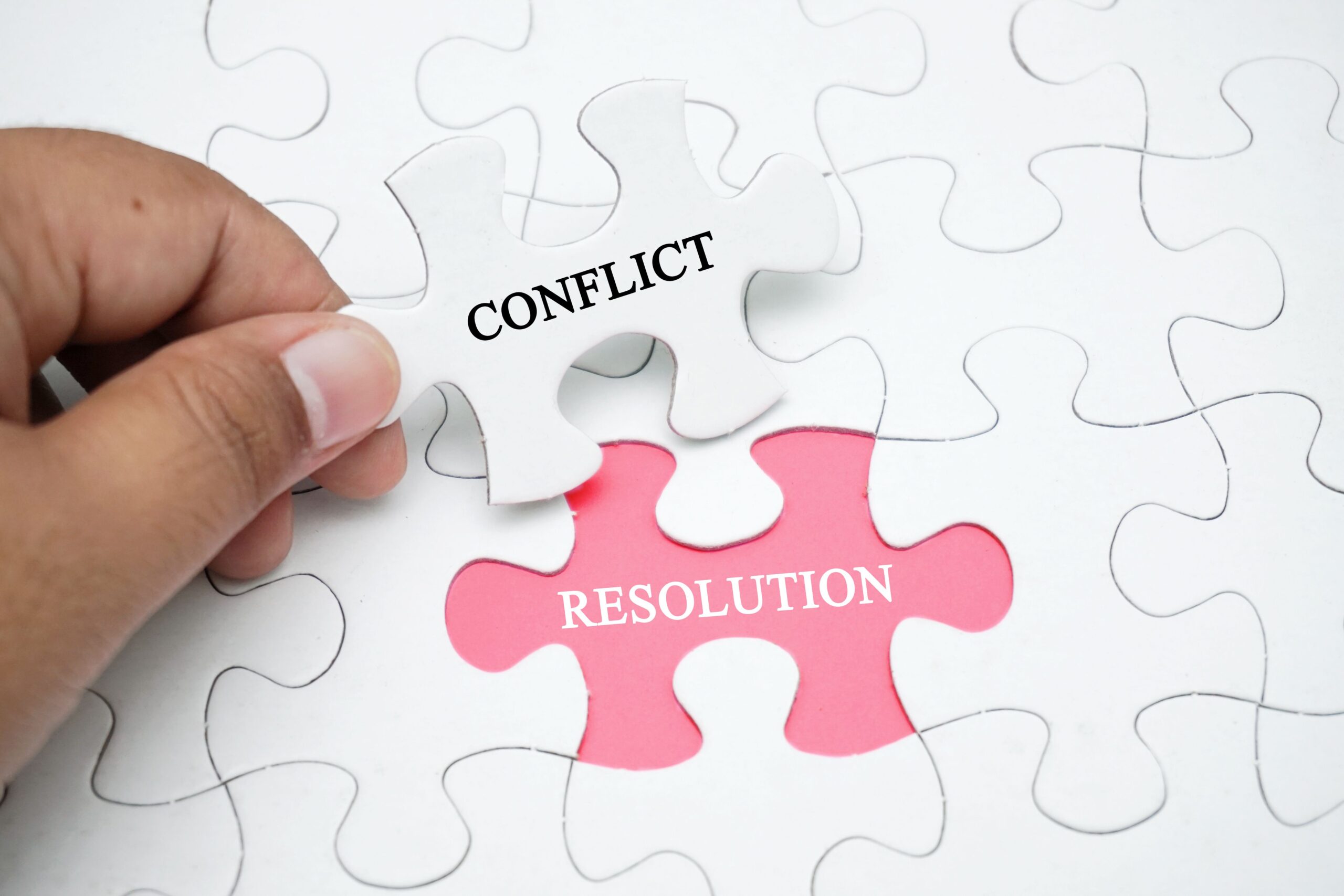Conflict Resolution Ontario: All You Need to Know
You may be wondering, “what is conflict resolution?” and what are the benefits it can offer to you. First of all, your family lawyer may suggest conflict resolutions in situations where both parties can communicate with each other in a cooperative and non-confrontational manner.
What is Conflict Resolution?
When it comes to dispute resolution, there are a lot of choices available. However, disputants are often confused about which process to apply to their situation. With that, it is essential to understand the different types.
But before that, let’s start it by defining “what is conflict resolution?” Usually, a family lawyer uses this approach to help remedy various family law disputes.
It is often seen as an alternative method that aims to avoid confrontation and achieve a peaceful ending to the conflict. Generally, this approach offers different plans for the parties to work out their disputes cooperatively.
Conflict resolution is also called reconciliation, alternative dispute resolution or dispute resolution.
Generally, conflict resolution adopts five methods, they are:
- Confrontation or problem-solving – This makes the two parties work together to reach a standard solution.
- Compromising – Both sides must arrive on an acceptable agreement for their gain and loss.
- Direct solution – You have the power to direct a solution for acceptance by the other
- Smoothing – The significant points of conflict agreement are the main focus while disagreement between the two parties are not highlighted
- Withdrawing – One or both sides can withdraw from the conflict.
Conflict Resolution in a Family Law Setting
Here are the different forms of conflict resolution for families in Ontario:
- Alternative dispute resolution (ADR). Usually, it involves the help of a neutral third-party mediator. A mediator who can moderate discussions between the two parties.
- Family Intervention. It is where the court intervenes to provide solutions for pressing legal conflict. In some cases, the court may also protect a person dealing with physical abuse, drug abuse, and other issues.
- Collaborative divorce. It is where both parties settle the bulk of their divorce problems outside of court. The court only finalizes whatever agreement both parties ended up with.
Methods For Conflict Resolution
Methods adopted for conflict resolution in Ontario include mediation, arbitration and litigation.
Mediation
The main goal of mediation is for a neutral third party to help both parties reach an agreement independently. A professional mediator works with the conflicting parties to explore their interests rather than imposing a solution.
It is effective as it allows both parties to vent their feelings and fully explore their grievances on their losses. Working with parties together or often separately, mediators can try to help them develop a voluntary, sustainable, and nonbinding resolution.
Arbitration
In arbitration, a neutral third party serves as a judge who is responsible for resolving the conflicts. Generally, the arbitrator listens while both of you argue your case and presents relevant evidence. Afterwards, your arbitrator will render a binding decision.
You and the other side can negotiate virtually about any aspect of the arbitration process. It may include whether your lawyers will be present and which evidence standards will be used. Arbitrators make typically confidential decisions, and that cannot be revoked.
Litigation
What is conflict resolution’s most familiar type? The most common is civil litigation. Typically it involves a defendant facing a plaintiff before a judge or both a judge and jury. Generally, either the judge or the jury is responsible for weighing the evidence and making a ruling.
The information conveyed during the hearings and trials typically enters and stays on the public record. Lawyers also dominate litigation, which often ends in an acceptable settlement during the pretrial discovery and preparation period.
Is Conflict Resolution Necessary?
After knowing what is conflict resolution? Your second question may be the best time to use conflict resolution? Usually, lawyers suggest conflict resolution as an option and are not a mandatory procedure.
It may not always be a practical choice for dealing with conflicts, especially if one or two parties are unwilling to work with each other. The best part about dispute resolution is it is more informal than a court proceeding, which many would prefer.
On the other hand, many courts and judges promote conflict resolution in Ontario as a way for both parties to resolve their conflicts in a manner that costs less and is less time-consuming.
Final Thoughts
Conflict resolution is a method that provides a platform for the idea of two parties coming up with viable solutions and settlements for themselves. Also, conflict resolution is way cheaper and less time consuming as compared to court hearings and trials. If you need a conflict resolution lawyer, contact Lichtblau Law at 416-633-2465.
We’ve got the experience, tact and legal standing to help you come to a mutual understanding with the other party. Book an appointment with a conflict resolution lawyer to discuss your options.
Latest posts by Lichtblau Law Office (see all)
- What are the Major Advantages of Hiring a Family Lawyer? - December 23, 2020
- Top 10 Advantages of Divorce Mediation - December 18, 2020
- How Collaborative Dispute Resolution Works? - November 27, 2020

